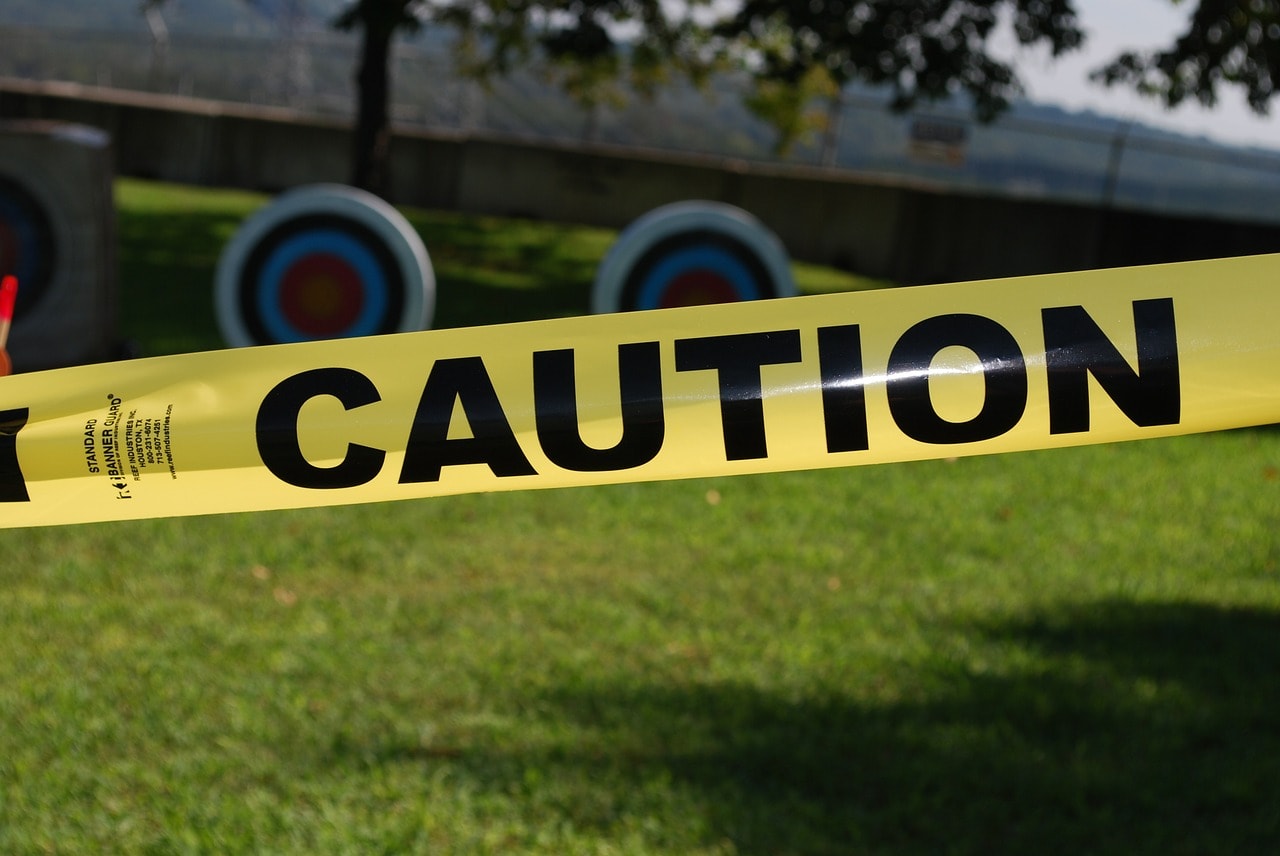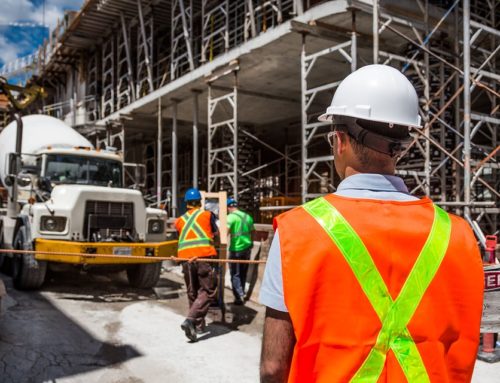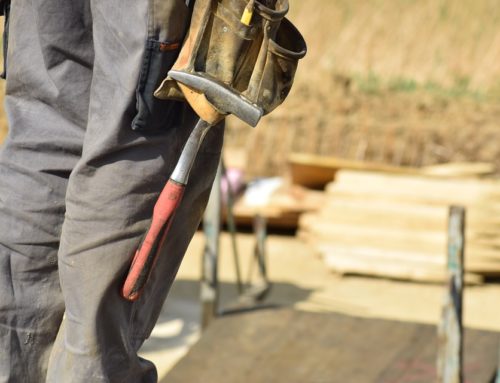Running any business comes with an element of risk. But successful businesses manage that risk.
One of the risks you’ll encounter as a business owner is premesis liability. If someone gets hurt on your property, they can sue. One way you manage that risk is by carrying insurance.
But you don’t want your insurance premiums to go up. And you don’t want to get yourself in a situation where nobody will insure you at all. Or find yourself in a situation where your policy limits don’t cover the damages, forcing you to pay them out of pocket.
All this means that limiting liability is vital to protecting your company.
Conduct Regular Property Inspections
Liability isn’t assumed because someone gets hurt on your property. Accidents happen.
Liability happens when someone has been negligent. In a premises liability case, the plaintiff can prove negligence if their legal team can prove one of the following:
-
There was a safety hazard on your property.
-
You either knew about the safety hazard or that the hazard had existed long enough for you to know about it.
-
You did not take steps to mitigate the hazard.
Regular inspections give you the chance to find and address hazards before someone gets hurt.
Document each visit. This gives you the ability to demonstrate that you are conscientious about your property. Your inspection log can be a powerful piece of evidence showing that any hazards a guest encounters would have to have been relatively new.
Document the date, the time, and each item you inspected. Document issues you found and how you took care of the issue.
Post Warning Signs
You should have warning signs up for every hazard. Even a “wet floor” sign can make a difference after cleaning creates a temporary hazard.
Signage is a mitigating factor. If signage was present and the plaintiff interacted with the hazard anyway (say, by walking over the wet floor to get to a piece of merchandise) they assume the risk.
The assumption of risk says that a claim may be reduced if a person knew their activities could be dangerous, and they did it anyway. If they were more than 50% at fault for the accident, Tennessee’s comparative negligence law asserts they can’t recover at all.
The case David G. Rogers, Ex. Rel. Karen Wright v. Autozone Stores, Inc. offers an outstanding example of this principle. In this case, Ms. Wright alleged that she slipped on a puddle of water and fell while exiting the store. The case facts state she walked in and out of the store around the puddle several times. The store had in fact taken many steps to mitigate any puddle based risks:
-
The store manager had trained employees to address spills.
-
Warning signs were present near the front of the store because spill hazards were a recognized risk.
-
The employees were behind the counter and had no way of seeing or knowing about the spill.
The steps Autozone took to mitigate risk and the fact that Ms. Wright assumed risk meant she could not recover damages. When she appealed the decision the Court of Appeals of Tennesee upheld the trial court’s decision.
Get a Liability Waiver
If your business revolves around customers doing dangerous things it’s important to have them sign a liability waiver. Examples of these types of businesses include trampoline parks, white water rafting concerns, or rock climbing companies. Note that your business doesn’t have to be an extreme sports company to need a liability waiver, or to use one. Consult with an attorney to find out whether using one is appropriate in your case.
Liability waivers alone do not offer full protection. We covered that issue in depth in this post.
Train Your Employees
As the case above demonstrates, the way employees act on your behalf matters. Safety training should be a part of every employee’s orientation.
You should also train employees to fix the hazards they can fix, like wiping up spills, and to report the hazards they can’t, like a broken stair. Proving you’ve offered this training can be part of your defense. And employees who act in accordance with your safety standards help protect themselves and others who might be on the property.
Don’t panic when accidents happen anyway.
Despite your best efforts, things are bound to happen if you’re in business long enough. But with the help of a good insurance policy and a good civil defense lawyer, you can weather the storm.





